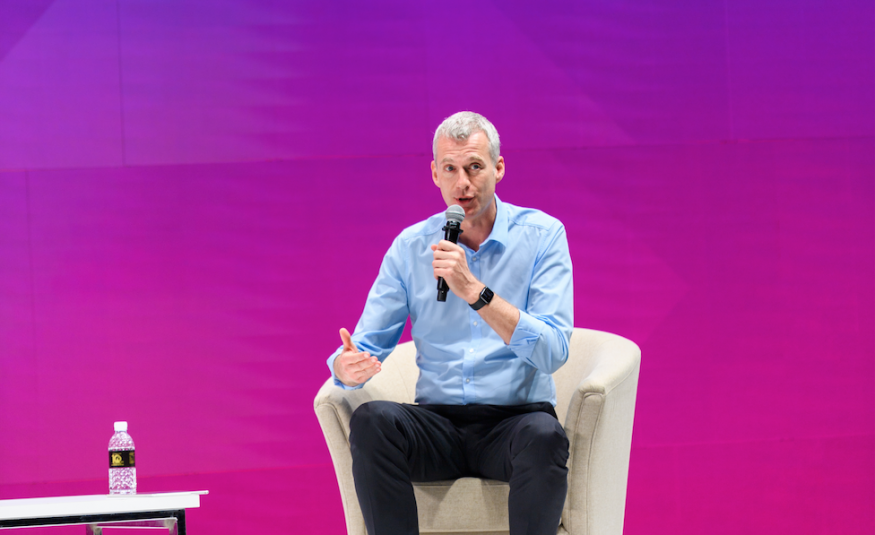Kai Hattendorf, UFI Managing Director, reflects on the UFI Global Congress and looks forward to 2021.
The sound of a 1696 Stradivarius, expertly played by one of Britain’s best violinists, travelling through the vast space of an empty exhibition hall at ExCeL in London. An Elgar piece, echoing back from the walls of the hall, and coming to me, listening and watching – in my small office room at home in Bonn, Germany.
This was how I experienced the finale of the last of our four live sessions at the UFI Global Congress in November, broadcast from London. From there, as well as from Hong Kong, from Dubai, and from Bogotá, UFI’s regional managers presented and moderated this year’s Congress sessions. As with every year, our industry came together from more than 50 countries to take part, to meet, to listen, and to network; all of this digitally.
Like all of you who had and have to move physical tradeshows and meetings to digital versions right now, the UFI team has been through quite a roller coaster putting this year’s Congress together. We had the same steep learning curve, found similar opportunities in the digital format, and severe limitations at the same time, as ‘screen-to-screen’ simply is not the same as ‘face-to-face’.
I hope you find it useful if I share the main thoughts and approaches that were guiding the UFI team as we put this year’s Congress together.
We wrote down what you keep telling us you value most about the Congress: the fact that the industry comes together from all around the world. The networking; the experiences of the destination; the old and new connections; and the content.
Taking this, we wrote an entirely new textbook. We had to be agile, we had to adapt, we had to be fearless and bold. There were no comfort zones, instead: mainly unchartered territory. We completely re-built the way we deliver the programme – from all over the world, having all regions and time zones in mind. And we had to create some experiences for everyone despite being limited to screens.
We turned what normally is a structured programme into flexible modules. Four live broadcasts in their region’s respective business prime times. All the regional broadcasts then re-broadcast at the varying business prime times around the world. And, entirely in parallel, the transformation of every segment, of every programme element, into a stand-alone format, available for every participant on demand. In essence we did not plan and deliver a congress programme. Instead, we built and delivered a broadcasting scheme, and an on-demand programme portfolio.
As for the networking, for every hour of sessions we had an hour of networking time in designated time slots, again set up in a way that colleagues from one part of the world could connect best with peers elsewhere on the planet. Here, we shared and moderated industry best practices, or simple chatted along, digitising these serendipity moments that are so valuable.
And for the experiences: instead of chats at the hotel bar, we had a music quiz party. And, of course, the Stradivarius.
As I write this, the Congress platform is still open, and people continue to connect, as we gather their feedback. Everyone’s unanimous reply: we miss seeing each other face-to-face, and we miss having the opportunity for spontaneous chats and encounters. At the same time, many spoke up in the chats and networking sessions, stating that, right now, it was great to have this event for everyone to connect in the best way we can right now.
See you again soon, on site (I hope) and online (in the meantime).





